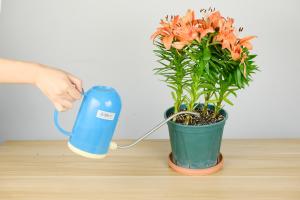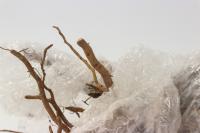1、 Curing method
1. Temperature: Peach eggs like a warm environment. Too high or too low temperature will affect their normal growth. Good growth can be ensured between 10 and 20 degrees. If it is higher than 30 degrees, dehydration is likely to occur and cooling is needed. If the temperature is lower than 5 degrees in winter, it may also be frostbitten, so it is necessary to move back to indoor breeding

2. Watering: Peach eggs are also a kind of meat, so you don't need to water them often. When the soil is completely dry, you can supplement water by observing the branches and leaves of the plant. When the branches and leaves are a little wrinkled, it indicates that it is short of water. If you water them again at this time, there will be rotten roots if you water too much
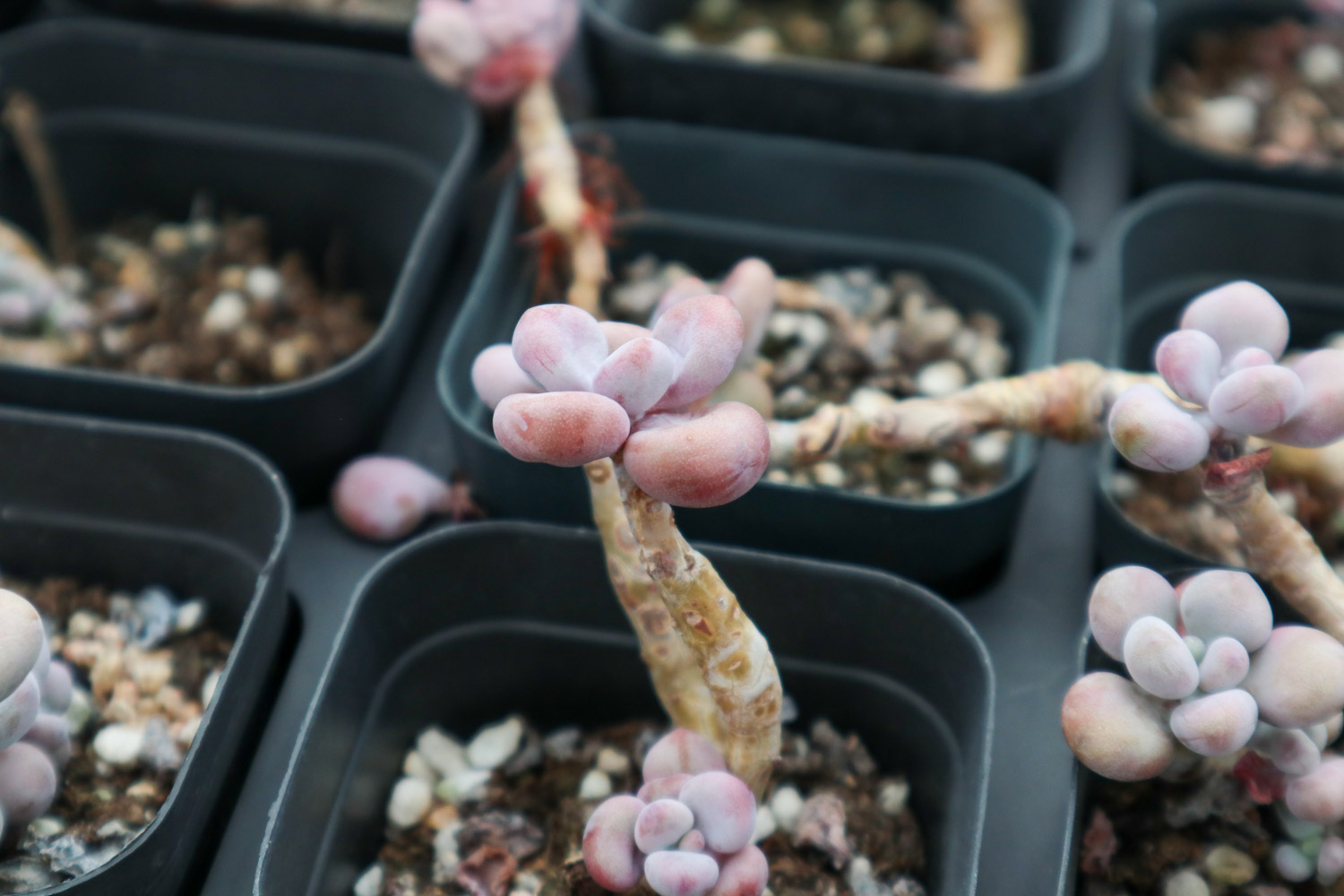
3. Light: light is indispensable, because sufficient light can ensure that its color is more beautiful and tender. At the same time, the glossiness of branches and leaves will be improved a lot. However, in summer, strong light needs to be shaded and cannot be directly exposed to the sun
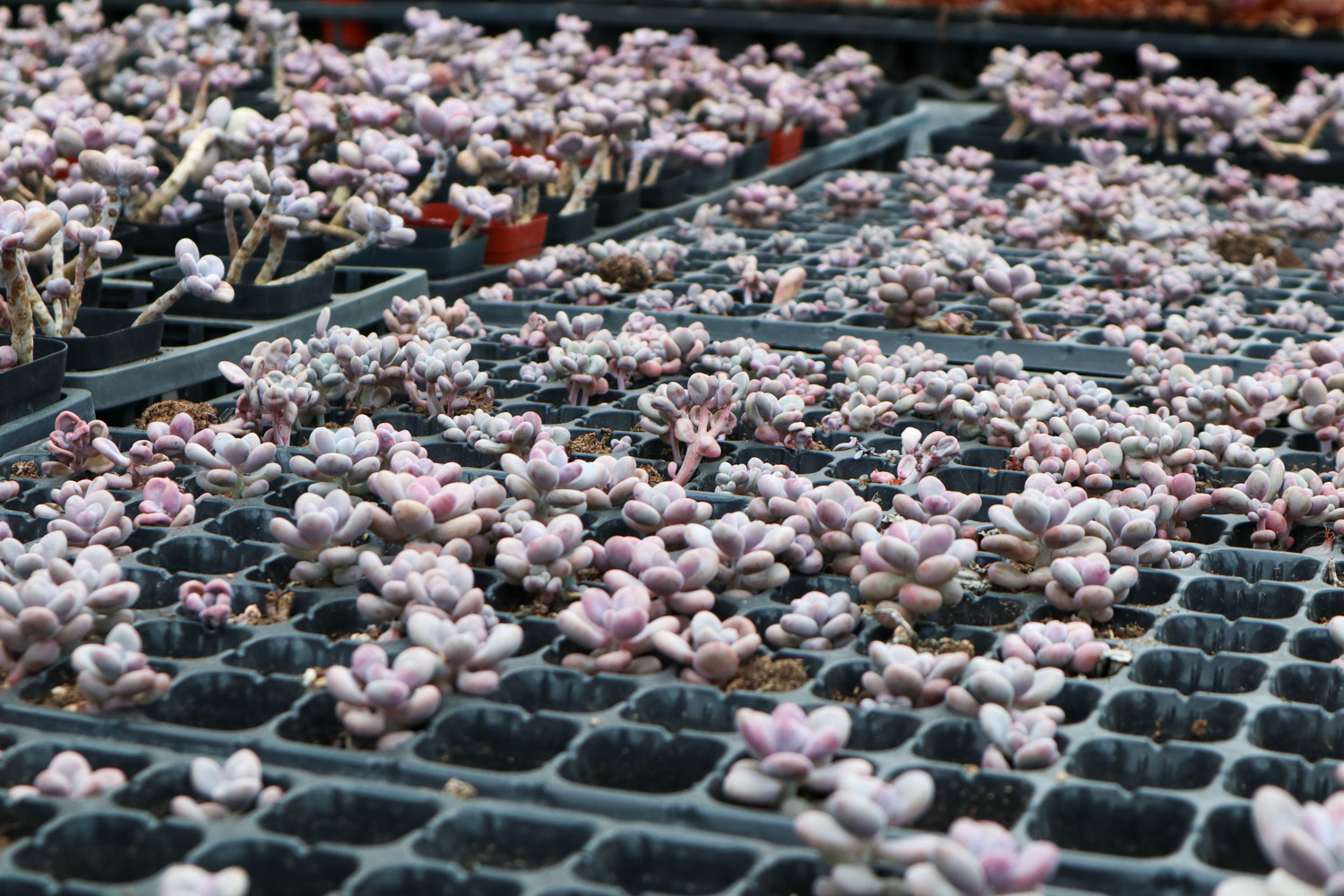
4. Fertilization: if the nutrients are sufficient, it is easy to burst the pot. It is recommended to apply some water and fertilizer to it, so that it can be absorbed more thoroughly. If the nutrients do not meet its needs, its branches and leaves will age and its ornamental value will be greatly reduced
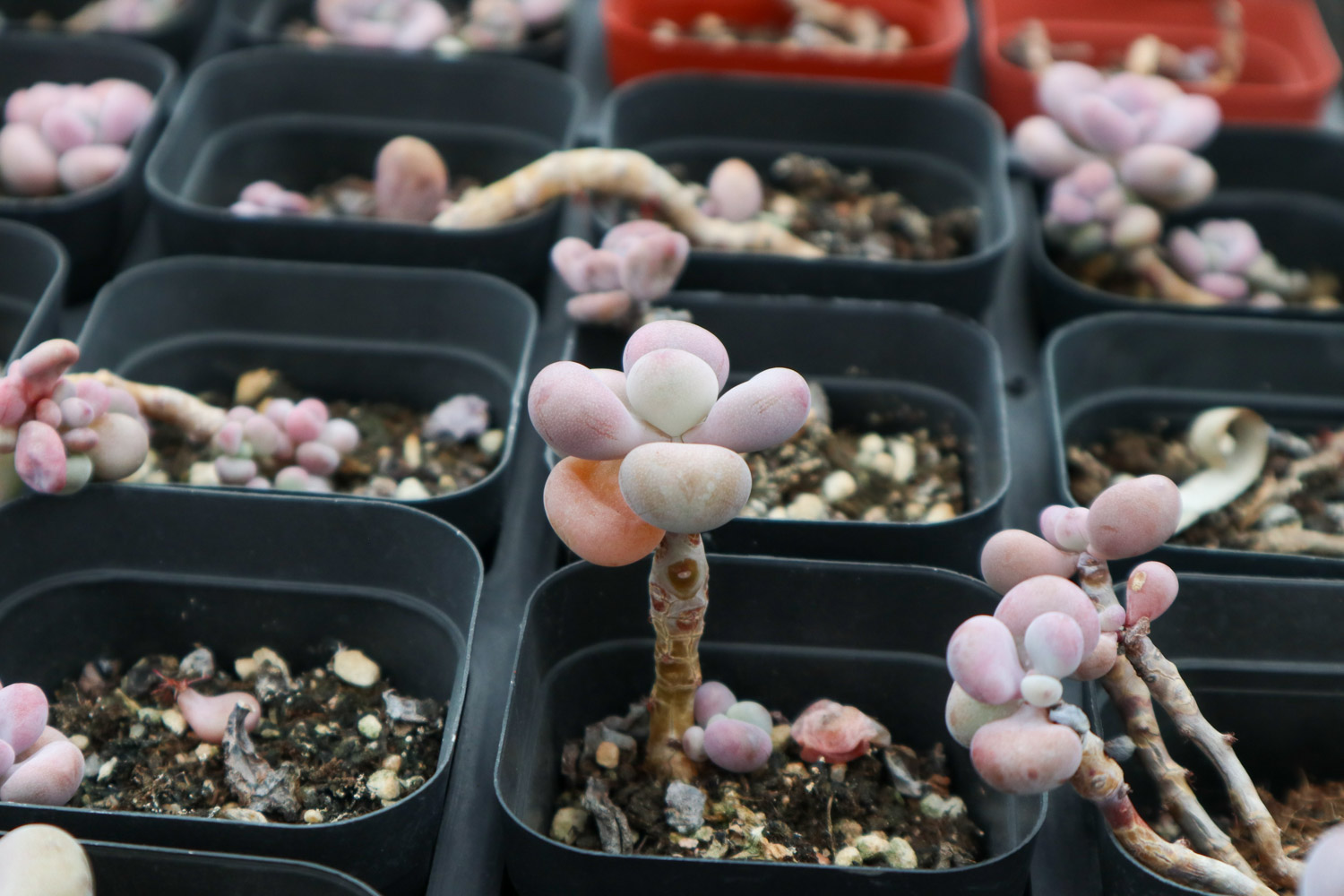
2、 Breeding skills
1. Reproduction: leaf cutting is the main way of reproduction. Leaf cutting can choose well-growing leaves in any season, so that the probability of germination and rooting will be higher. At the same time, keep the soil moist and pay attention to the warmth of the light

2. Pruning: the branches and leaves of peach eggs are easy to turn yellow or wither, which is mainly caused by too much watering, so they need to be pruned. After cutting off these branches and leaves, it can also improve its ornamental ability

3、 Diagnosis and treatment problems
1. Disease: root rot will occur because it is also caused by too frequent watering. Besides ventilation and control watering, it can be controlled by spraying wettable powder
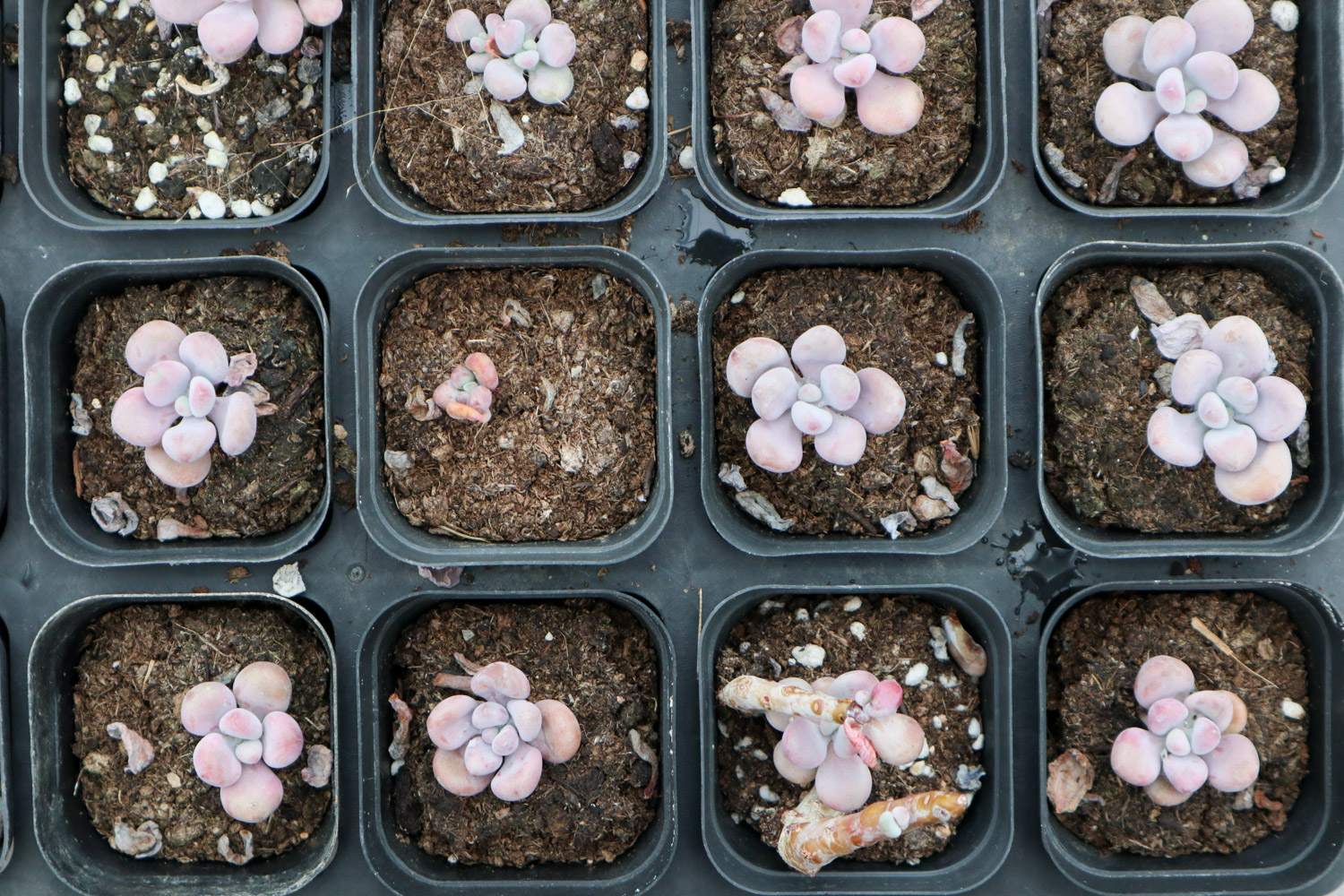
2. Insect pests: insect pests occur very rarely and will not occur if they are properly cultivated
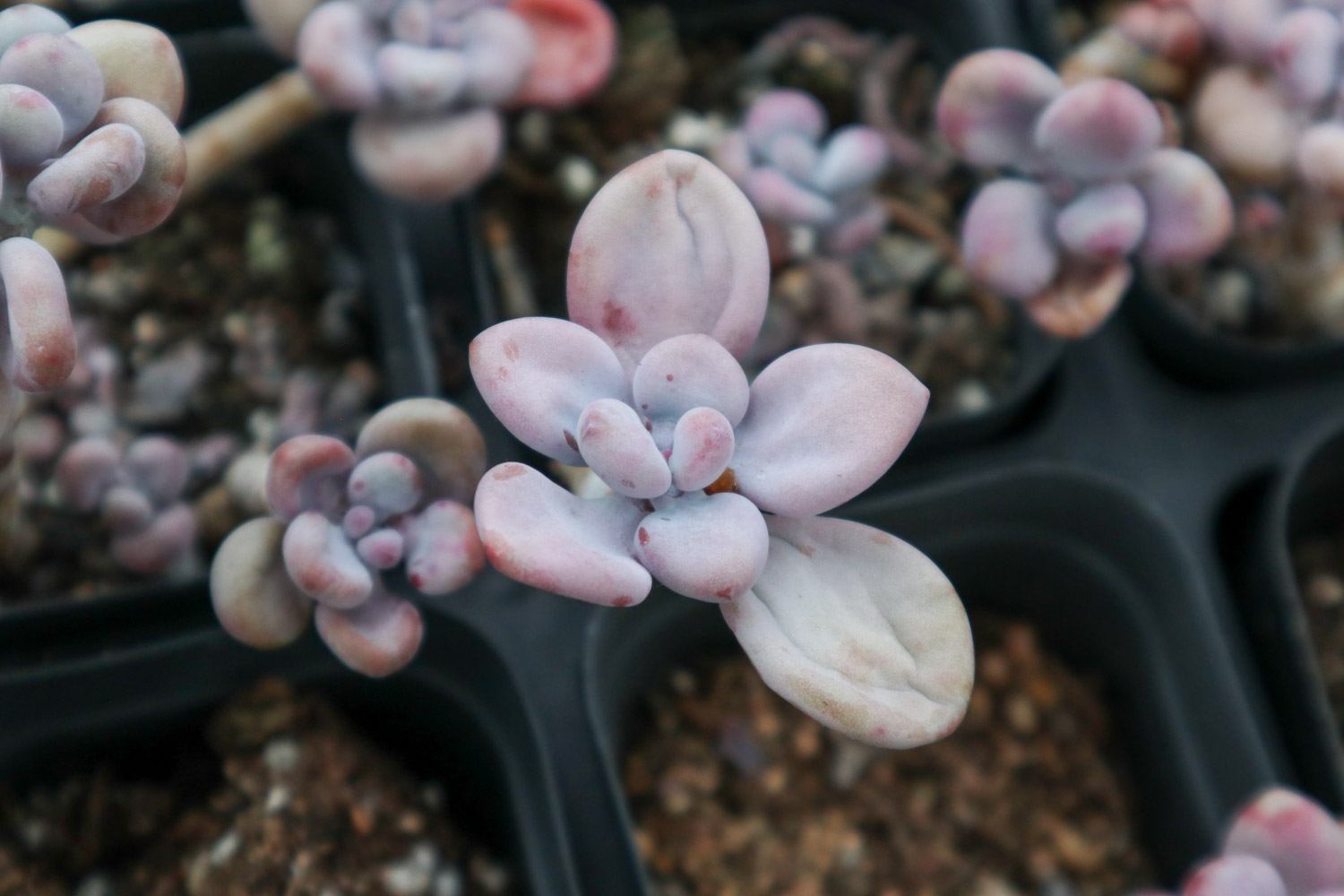
4、 Other issues
1. Toxicity: there is no poison. Its appearance can relieve the mood and is suitable for breeding
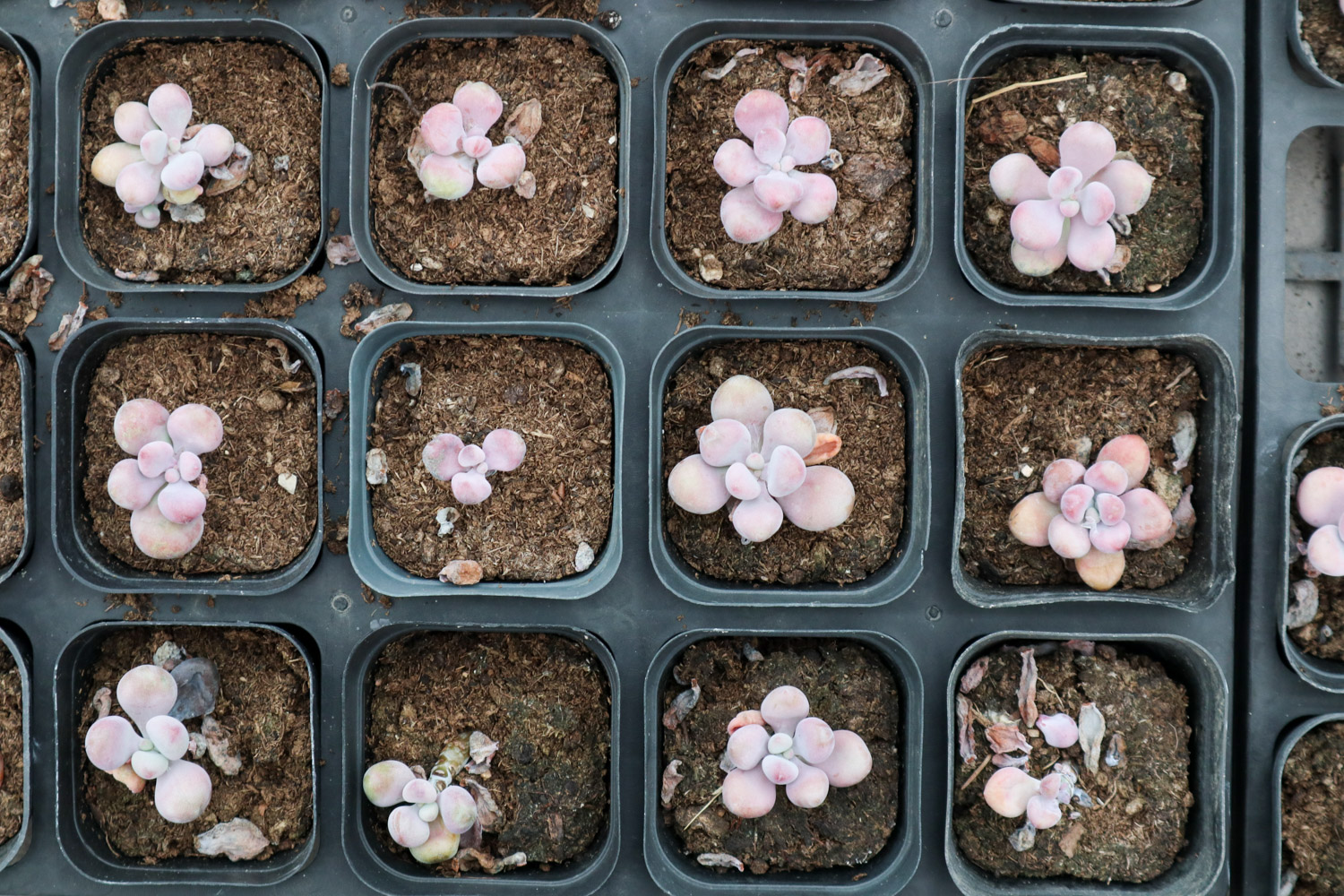
2. Whether it can be raised at home: Yes, it is highly ornamental
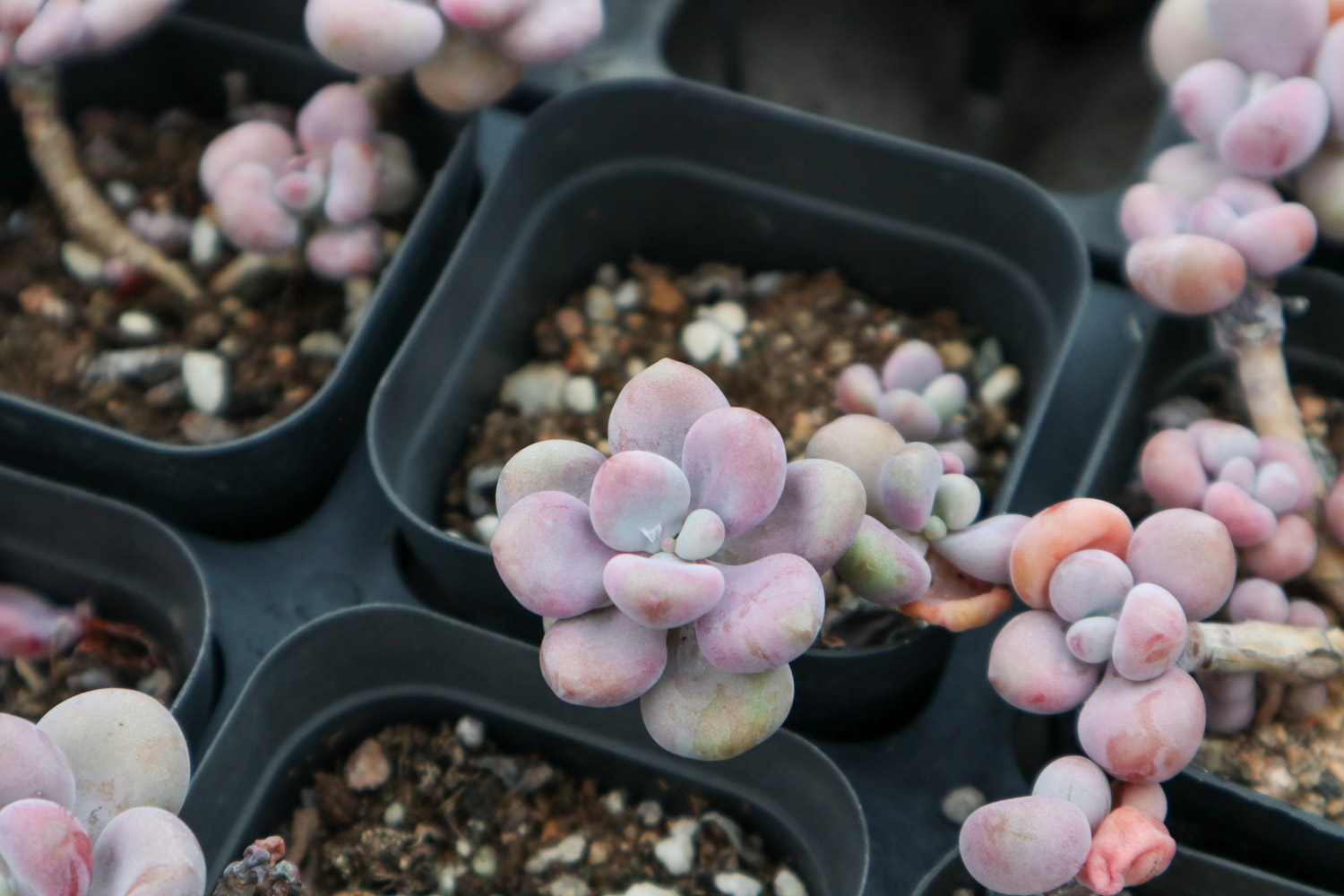

 jackfruit
jackfruit snake plant
snake plant hibiscus
hibiscus hydrangea
hydrangea lavender
lavender Green roses climb al...
Green roses climb al... If you don't pay att...
If you don't pay att... Management of four g...
Management of four g...

